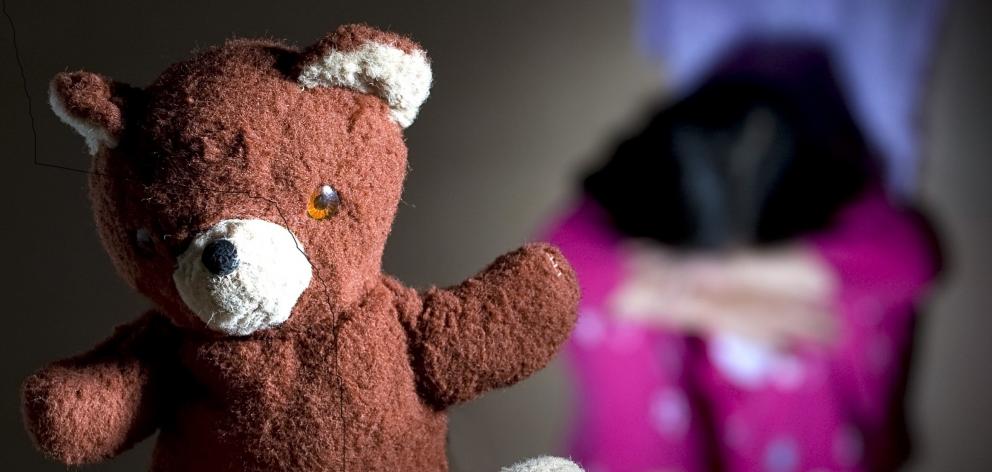
The Human Rights Commission has come out in support of an independent inquiry into the abuse of New Zealanders in state care, to ensure it doesn't happen again.
Judge Carolyn Henwood, who chaired the Confidential Listening and Assistance Service panel that heard the stories of more than 1100 people abused while in state care between the 1950s and 1980s, called for an inquiry yesterday.
"We must ensure the abuse of children and vulnerable adults in state care never happens again. We need to learn from the past to make sure we never repeat it," said Disability Rights Commissioner Paul Gibson.
Mr Gibson said New Zealanders deserved to know the extent of the abuse suffered by thousands over many years.
"An independent inquiry would investigate and publicly report on the conditions children and vulnerable adults in state care were subjected to. It would identify the policies, practices and monitoring processes that were in place.
"If we do not know what happened in the past then how can we guarantee it is not happening now?"
Mr Gibson said abuse survivors and their families deserved acknowledgement of their suffering and a Government apology.

Social Development Minister Anne Tolley yesterday ruled out apologising for the abuse of children in state care.
Mrs Tolley told Morning Report the Ministry was designing a care and protection service and had settled more than 700 of the 1100 claims.
She said about 3.5 per cent of children in state care had made claims, most of which required an apology and compensation, not an inquiry.
The Ministry has been handling the complaints.
Mr Gibson said he has also heard of many "heart-wrenching" and "appalling" stories of disabled people being abused while in state care.
"Their stories need to be heard and we need to learn from them.
"We challenge the Government's assertion that there is no disability perspective involved."
The Government and public could learn a lot from these incidents, Mr Gibson said.
"As long as the public does not have the full picture about what happened they cannot fully understand the extent of the abuse that took place or the systemic issues that allowed it to occur."












